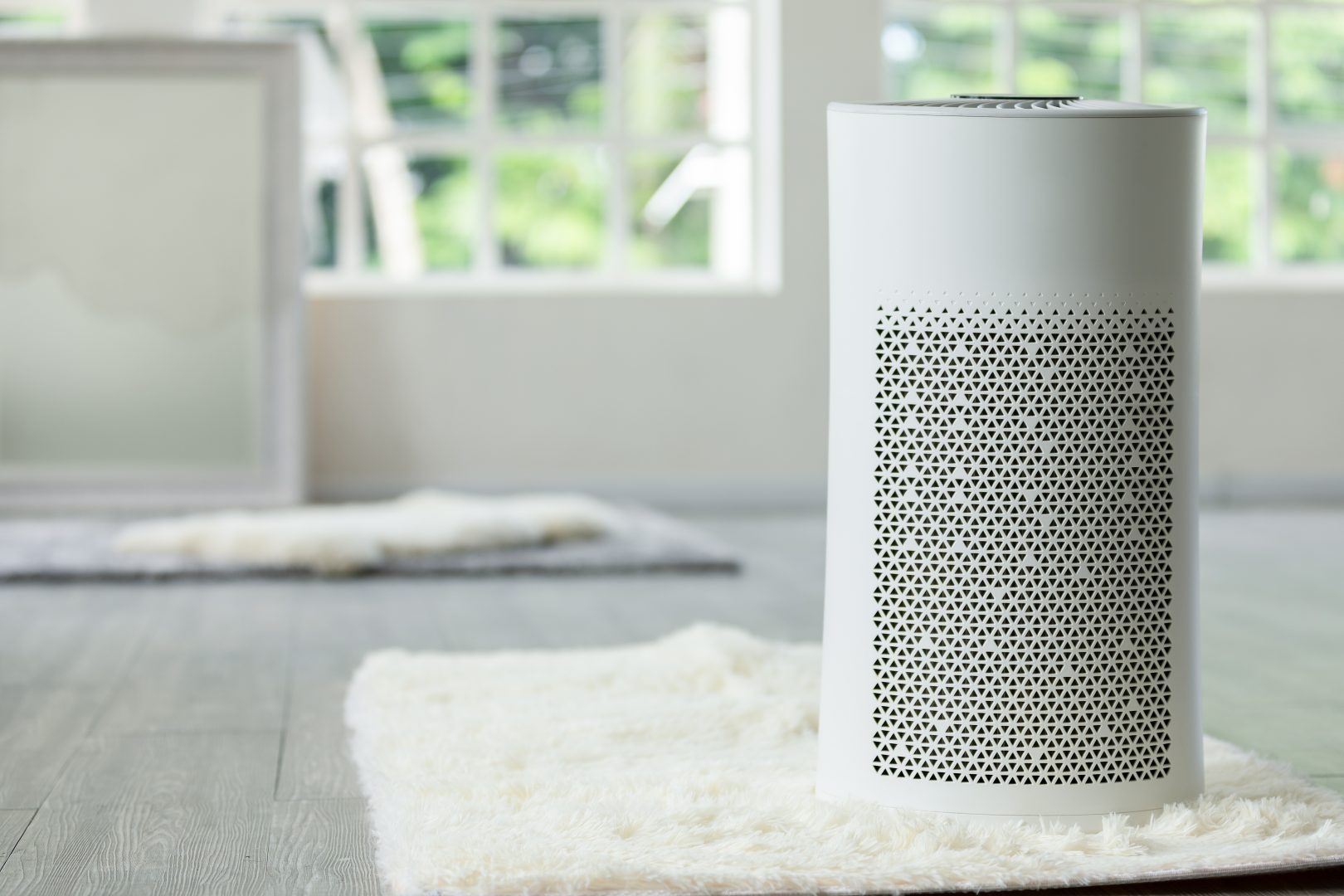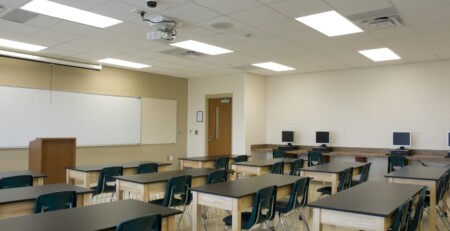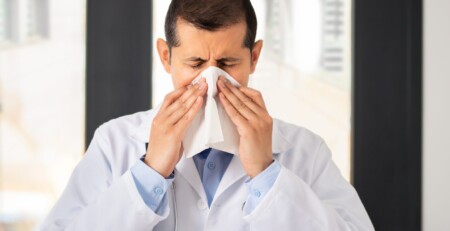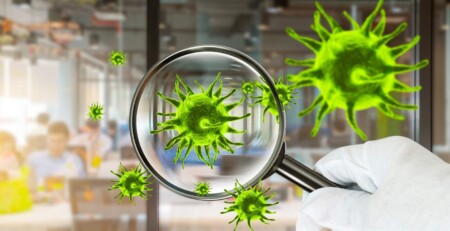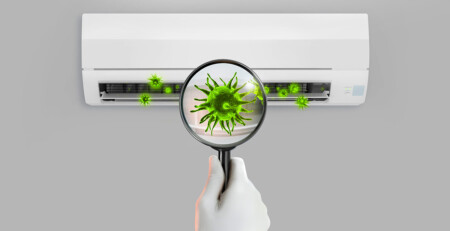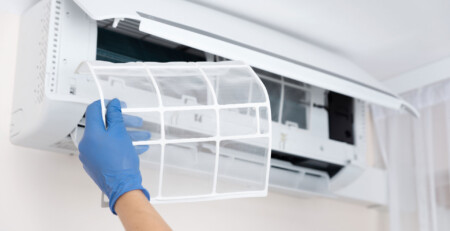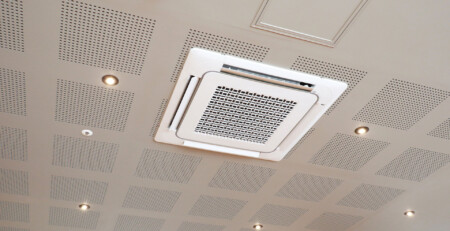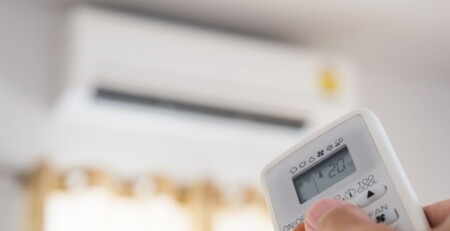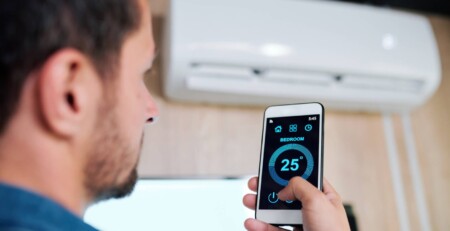Are HEPA filters the solution to breathing easy at work?
If you turn on the tap to fill a glass of water but gasp when you see a rusty brown liquid flow from the faucet, would you still drink it? Surely you would rather go thirsty than drink something that looks like it will make you sick. The air we breathe in shared, enclosed spaces is just as nasty as that water yet we don’t express the same indignation about breathing polluted indoor air as we would about drinking contaminated drinking water.
The air we breathe indoors contains pollutants – some of them even harmful to our health – however, airborne bacteria and virus particles aren’t visible in the same way discoloured water is. But being out of sight should definitely not mean out of mind.
Just how dirty is the air that we breathe?
You can’t see or even smell them but chances are you are sitting in a room right now filled with substances like carbon monoxide, nitrogen dioxide, sulphur dioxide and all sorts of particulates. And many are as troublesome as they sound. They can cause drowsiness and headaches, irritate the respiratory tract and aggravate conditions like asthma. Office workers can even attribute fatigue and forgetfulness to poor indoor air quality. So what can we do about it?
Back to that dirty drinking water for a moment. If you were to see discoloration, you would rush to install a water filter to remove the impurities. The same should be done to improve the indoor air quality and protect us from harm.
Purify your way to cleaner air with HEPA filters
The pandemic has shone a spotlight on indoor air quality in shared spaces such as workplaces – and rightly so. The focus on removing air pollutants that impact our health is warranted, and it starts with the Heating, Ventilation and Air Conditioning (HVAC) system.
Adjusting the indoor air flow is one measure. Installing high efficiency particulate absorbing – or HEPA – filters is another.
HEPA filters feature a fine mesh capable of capturing 99.97% of tiny airborne particles as small as .3 microns. If you can’t imagine how small that is, the average cross section of a human hair is about 70 microns in size.
HEPA filters in air conditioning systems are so effective in filtering the air we breathe that they have been made compulsory in shopping centres in New York. Closer to home, the Victorian and Queensland governments introduced air purifiers with HEPA filters in their hotel quarantine systems and the NSW Government is being implored to purchase HEPA air purifiers for use in its state classrooms to mitigate the spread of Covid-19 when students return to school.
HEPA filters are especially effective in environments that rely on perfectly clean air like hospitals and aged care facilities, for example, where occupants are vulnerable to infectious disease.
Ready to take action?
Filthy air conditioning systems are a breeding ground for bacteria and mould so proper commercial air conditioning maintenance and regular cleaning are a must.
For any filtration method to work effectively, the air conditioning system should be professionally maintained, and filters regularly cleaned and routinely replaced.
HEPA filters and a well maintained HVAC system are the ideal steps toward achieving cleaner indoor air. Speak to us to find out which filtration system would benefit your commercial space.

